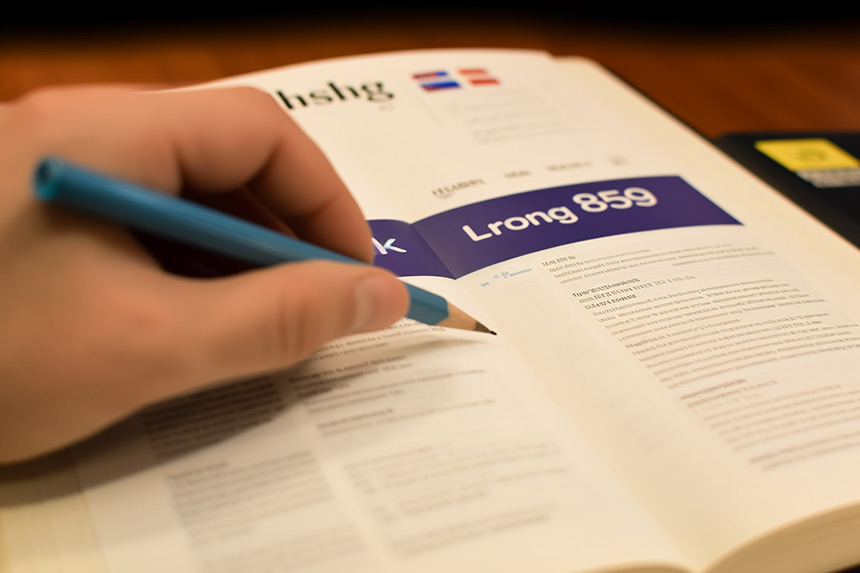Precautions for giving academic conference presentations, Giving an academic conference presentation can be a rewarding experience, but it also requires careful preparation and consideration to ensure you communicate your ideas effectively and professionally. Here are some precautions and tips to keep in mind:
Before the Presentation
1. Know Your Audience:
- Understand the background and interests of your audience. Tailor your content to their level of expertise.

2. Rehearse:
- Practice your presentation multiple times before the conference. This helps with timing and helps you identify any areas that may need clarification.
3. Prepare for Technical Issues:
- Familiarize yourself with the presentation equipment available (e.g., projector, computer). Bring backups of your presentation on a USB drive and consider having printed handouts in case of technical difficulties.
4. Content Readiness:
- Ensure your research is well-structured, logically organized, and clearly communicated. Use visuals and avoid overcrowding slides with text.
5. Anticipate Questions:
- Prepare for potential questions that may arise from your presentation. Consider having a clear understanding of both your work and related works in your field.
During the Presentation
6. Arrive Early:
- Get to the venue early to set up and test the equipment. This way, you can address any issues that may arise.
7. Stay within Time Limits:
- Respect the allotted time for your presentation. Practicing with a timer can help ensure you stay on track.
8. Engage with the Audience:
- Make eye contact, and use gestures to make your presentation more engaging. Ask rhetorical questions or encourage interaction if appropriate.
9. Speak Clearly and Confidently:
- Project your voice and articulate your points clearly. Avoid speaking too quickly, and take pauses to allow your audience to absorb information.
10. Use Visual Aids Wisely:
- Ensure any PowerPoint slides, charts, or other visual aids are clear, professional, and relevant. Avoid reading directly from slides.
After the Presentation
11. Be Open to Feedback:
- Respond to questions and feedback graciously. Use it as an opportunity to further discuss your work or gain insights from others.
12. Network:
- Take the opportunity to connect with other attendees and scholars. Share your contact information and be open to collaboration.
13. Reflect:
- After your presentation, reflect on what went well and what could be improved. This will help you enhance your skills for future presentations.
General Tips
14. Dress Professionally:
- Wear appropriate attire that reflects professionalism. This can impact how your audience perceives you and your research.
15. Mind Body Language:
- Be aware of your body language. Positive posture, open gestures, and avoiding physical barriers (like crossing your arms) can enhance your connection with the audience.
16. Stay Calm and Composed:
- It's normal to feel nervous. Take deep breaths, and remember that your audience is likely rooting for you to succeed.
By being prepared and mindful of these precautions, you can present your research effectively and make a positive impact at your academic conference.

